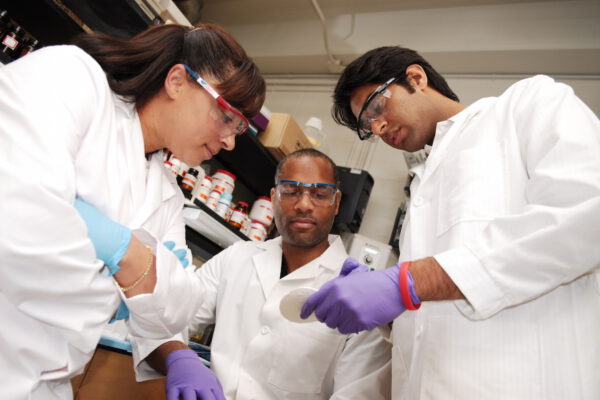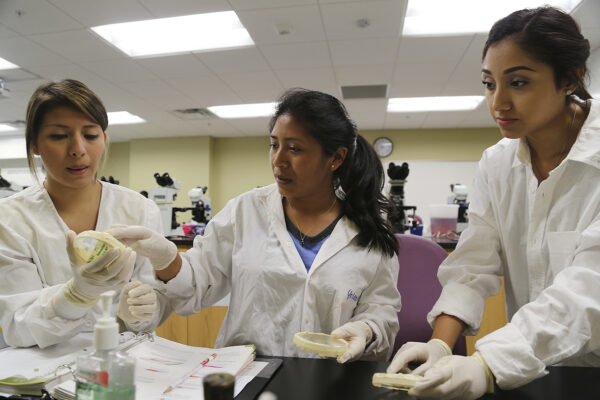2017 NSF STEM for All Video Showcase: Research & Design for Impact
The National Science Foundation today launched its virtual showcase event, 2017 NSF STEM for All Video Showcase: Research & Design for Impact.
For the next week, the site will showcase work funded by NSF and other federal agencies with the aim of improving teaching and learning of STEM fields. Users can view video presentations, participate in facilitated discussions of the videos, and vote for videos that are most effective in sharing the work being done to advance teaching and learning in STEM. Users can filter videos by age and grade level, including specific initiatives for K-12, undergraduate, graduate and adult learner students. The showcase will be available until May 22.
To learn more about the showcase and STEM education initiatives, please visit the STEM For All website.
If you have any questions or comments about this blog post, please contact us.


